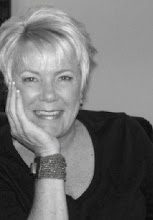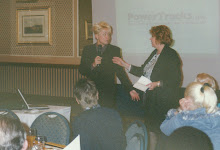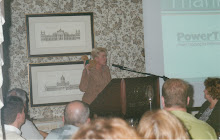Waiting out another (delayed) flight at Chicago’s O’Hare airport last night, my husband introduced me to me a vendor he deals with who also lives in our home city. The man was the President of a small, global organization his father had built in Australia before expanding across the world. Now, with his father reaping his rewards of the business in his retirement, the son was running the business. In our brief discussion, he told me about spending 5 weeks per year in his home country of Australia, where his corporate office was located, and one week per year at a lake house he and his wife owned in Wisconsin where, he said, he “kept all of his toys”. He had to be about 35. Sounded idyllic.
For a moment I envied him, thinking how nice that he had a lucrative career already planned for him by his father. All he had to do was step into it. No worries, mate. The rest of us, well, the rest of us have to figure out how to write the most compelling cover letters, craft the perfectly composed resume, spit shine our shoes, and not make a single gaffe during an interview in order to make our way into our little spot of career heaven. And, after we’ve done all that, we get to spend years proving that we’re OK and hope we get to reap some great financial reward for our efforts. Seems kind of unfair, doesn’t it?
So, as we climb to 34,000 feet, I began to wonder if people like him feel they didn’t have any choice when entering the family biz. For all we know, this guy could have wanted to be a professional surfer, house painter, or chimney sweep. Maybe Dad is one of those forceful patriarch types that what is said goes. I then couldn’t think of anything more dismal than feeling as if you didn’t have a choice about your work.
I then remembered friends who felt obligated to join the family biz and despised it. They spent their time dreaming of the day they would get up the cohunes or chutzpa to tell their parent(s) that it just wasn’t for them because they wanted to be a professional surfer, house painter, or chimney sweep. Each day spent in a job that had been fashioned for someone else stole that much more time from their lives.
Even if your road may be long and difficult, and no shortcuts provided by family, know that the direction you take is entirely your own. You can’t put a price on that.
Executive Onboarding Note: The Importance Of The Confidence To Be Open To
Help
-
While executive onboarding, get help. If it’s offered, take it. If it’s not
offered, find it.
The post Executive Onboarding Note: The Importance Of The C...
7 years ago



